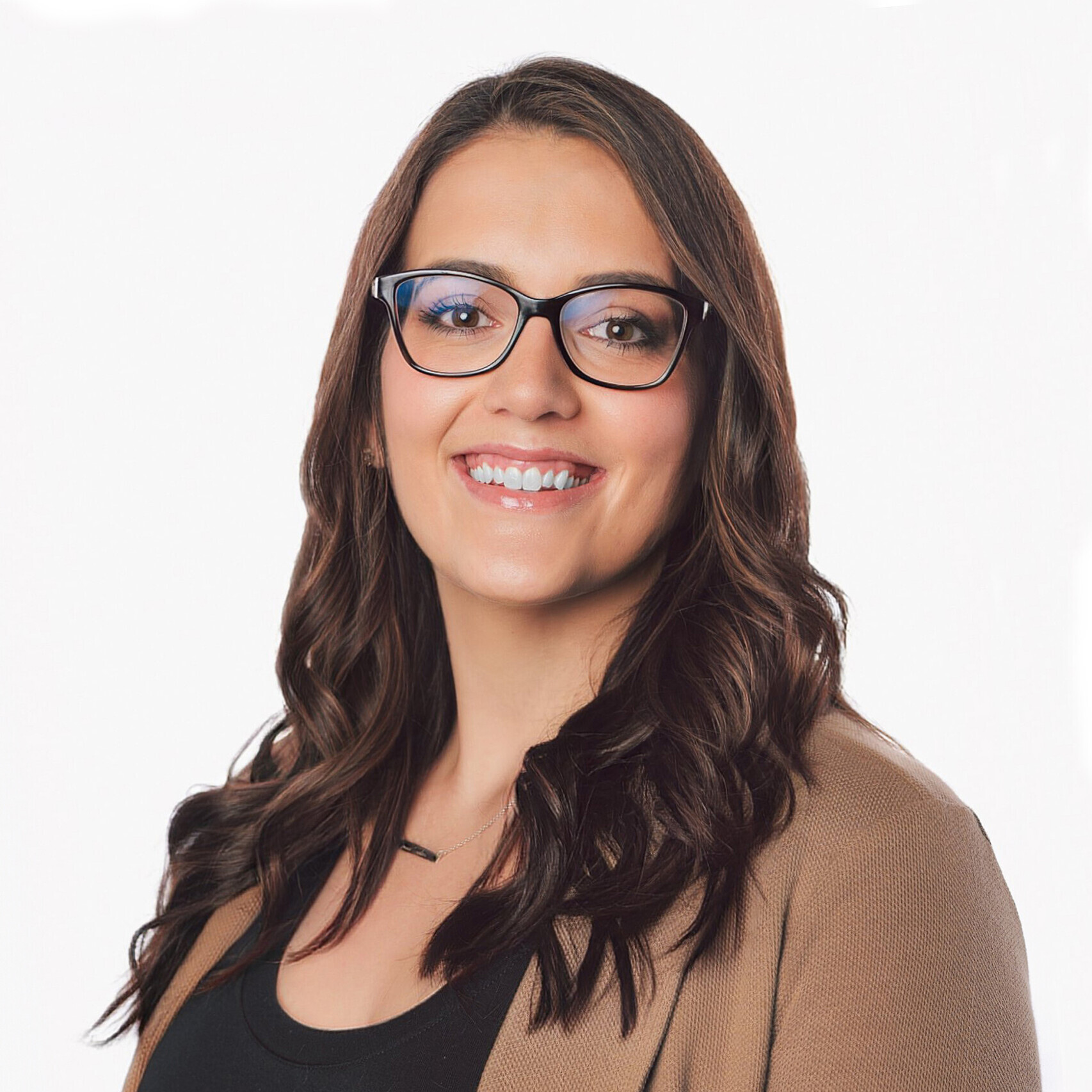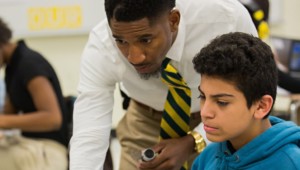Advisory Online: The Role of Learning Success Coaches

Advisory. For me, it was the thirty-minute class period that I attended three days a week where I could go on a coffee run, prep for the next spirit week, finish homework or talk with my favorite teachers about the dramas of being a teenager. It had little to do (in my head) with prepping myself for the future. It was a time to de-stress and talk. It was an opportunity to connect with my school and my community.
I didn’t realize at the time how advisory shaped me. Time with my advisory teacher helped me identify barriers and overcome obstacles in my own learning experiences. The educators in my life invested time into learning my story so that they could help me find success in my future.
ASU Prep Digital, a concurrent enrollment, college prep program, combining high school and university courses online, provides high-quality student support with the help of passionate Learning Success Coaches (LSC).
Our team recently had the opportunity to chat with May Huang, one of ASU Prep Digital LSCs about advisory models in an online environment. Here’s what we learned.
ASU Prep Digital chooses to call their advisors Learning Success Coaches for a reason. An advisor may sit behind a desk and help a student build a course schedule. For May, the role of the LSC is about cultivating a relationship and rapport, walking alongside a student in their educational journey:
“This role affords me the opportunity to learn who my students are as people. I get a glimpse into what their stories, struggles and hopes are. I most enjoy helping students learn about themselves and grow into who they want to be.”
A LSC invests time in learning a student’s story, their goals, their obstacles, their life. LSCs are cheerleaders, mentors, counselors and advocates. When they know a student’s story they can not only help them make the best learning decisions, they can help them make the best decisions to find success in life.
As part of ASU Prep Digital orientation, students are connected with a LSC to go over goals, background and experience. During onboarding, new students take a course called “Own It.” In this course, students flesh out their goals through a series of engaging, media-rich lessons. The “Own It” course asks probing questions like “who are your role models,” or “what situations have you had to overcome?” The answers to these questions provide the LSCs with more pieces of the student’s story.
After the first week of daily meetings, the LSCs continue to be present and attentive to student needs with a minimum of weekly check-ins. The online environment allows for greater student access to LSCs, who are available over video chat, text, emails and phone.
Some may think that in-person interaction is more personable, but the conversations a typical guidance counselor or advisor has with a student often don’t allow for a deep relational connection. Our LSCs are connecting online with students who are in their own homes. This opens up greater opportunities to learn more about student circumstances and family dynamics.
As May said, “Learning success coaches have to have a humble curiosity.” When a student is off track, It’s easy to say, “what did you do wrong?” but if the question is reframed to “help me understand” a non-judgemental relationship can develop. Through such open dialog, May learned why one of her students chose to take online classes. This student had a parent who was visually impaired and needed assistance getting to appointments. Online courses allowed the student to help her family and continue her education.
Online learning provides freedom and flexibility for students to create a personalized learning opportunity, but it can be challenging. We constantly push youth to learn and grow by doing things on their own. That mentality is important but can also hinder students from asking for help when they need itt. LSCs guide students to know when it’s appropriate to ask for help versus carry the burden alone.
While looking at grades may be the easiest way to quantify success, May also measures student success in other ways. She asks her students their goals and then encourages them to reach a bit higher. Not all of her students want to go to college, but she helps to make sure they are prepared for the next step. She focuses on the small victories along the way. Completing six online courses is a victory on its own. It is no easy feat. To her, this one measure of success demonstrates that a student is able to complete a goal and is ready to achieve even more.
Navigating online education is a learning experience for everyone. There is a lot of freedom and flexibility and support, but students and their families have to also make a commitment in order for student learning to flourish. It’s a tricky dynamic. Every students’ story is unique and deserves a personalized learning plan. ASU Prep Digital provides such a plant with the help of their LSCs.
For more, see:
- The Role of Advisory in Personalizing the Secondary Experience
- How Did You Fail Advisory
- Next-Gen Advisory for Dropout Prevention
- ASU Prep Digital: Empowering Students
Stay in-the-know with all things EdTech and innovations in learning by signing up to receive the weekly Smart Update. This post includes mentions of a Getting Smart partner. For a full list of partners, affiliate organizations and all other disclosures, please see our Partner page.







0 Comments
Leave a Comment
Your email address will not be published. All fields are required.